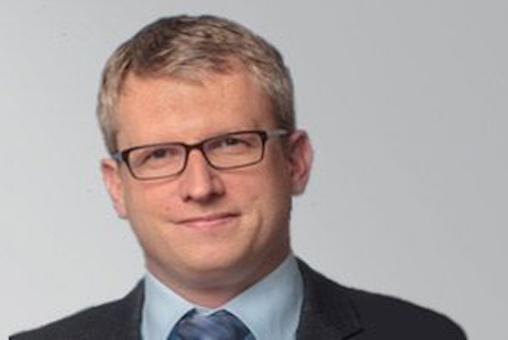|
|
AbstractAlthough authority and power are important foundations of organizational functioning, we often avoid discussing our power relations openly. Rather, we make use of nonverbal communication to (a) inform others about our power and (b) to conclude the power of others. What means do we use to nonverbally communicate power? As this question is fascinating to lay people and behavioral researchers alike, a lot of progress has been made to understand how power is communicated. This session will explore different ways of how humans communicate power nonverbally. Further, I will shed more light on what processes might actually underlie the nonverbal communication of power. Finally, participants will learn what impact simple nonverbal cues of power can have in different contexts like media, sport and leadership. |
BiographySteffen R. Giessner is an Associate Professor at the Rotterdam School of Management, Erasmus University. He holds an MSc in Psychology from the University of Kent at Canterbury, UK, and a PhD in Psychology from the Friedrich-Schiller-University Jena, Germany. His research is located at the intersection of organizational psychology and management. His primary research topics are employee support during organizational merger, follower’s perceptions of leadership, antecedents of leader behavior, and non-verbal communication of power. He has authored and co-authored papers in the areas of organizational behavior, management, and psychology. His research received media coverage in outlets like the New York Times, Financial Times, The Guardian, Harvard Business Review, Harvard Business Manager and Wall Street Journal. More about Prof. Steffen Giessner |
|
- +49 40 328707-241
- aloha@riloha.com
Click here to get directions to the KLU.
CONTACT
Research Institute on Leadership and Operations in Humanitarian Aid
Großer Grasbrook 17
20457 Hamburg, Germany
Tel.: +49 40 328707-241
Email: aloha@riloha.org






